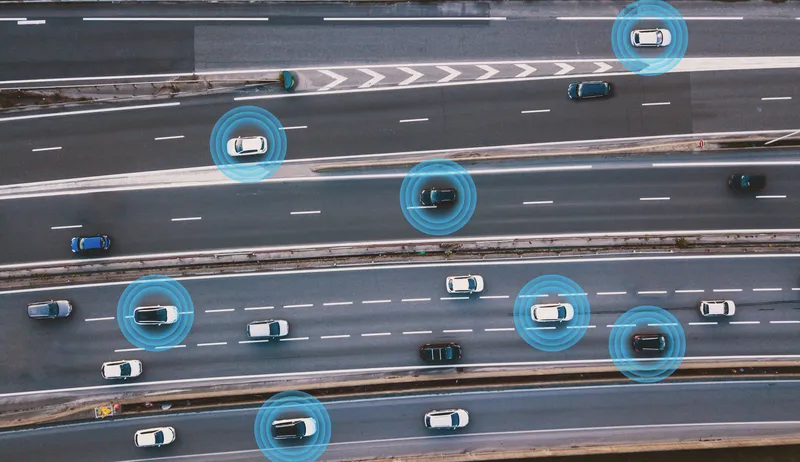Public transport in the northern Indian state of Himachal will shortly benefit from safer travel and a more efficient service, when the Himachal Road Transport Corporation (HRTC) installs a vehicle tracking system based on GPS on buses in the state. Jointly funded by HRTC and the Indian government, the system will be installed on a total of 2,000 buses and will send real-time information about the location and speed of the vehicle to a central server. This information will be integrated with the passenger
October 2, 2012
Read time: 2 mins
Public transport in the northern Indian state of Himachal will shortly benefit from safer travel and a more efficient service, when the 6643 Himachal Road Transport Corporation (HRTC) installs a vehicle tracking system based on GPS on buses in the state.
Jointly funded by HRTC and the Indian government, the system will be installed on a total of 2,000 buses and will send real-time information about the location and speed of the vehicle to a central server. This information will be integrated with the passenger information system, to be installed on a total of 77 bus stands and displayed on LCD screens. Passengers can also access the information via the web.
The system will improve passenger safety, which has been a major concern, as it will be possible to monitor vehicle speed. Analysis of the data will enable the HRTC to ascertain whether drivers are adhering to speed limits working according to the timetable.
Jointly funded by HRTC and the Indian government, the system will be installed on a total of 2,000 buses and will send real-time information about the location and speed of the vehicle to a central server. This information will be integrated with the passenger information system, to be installed on a total of 77 bus stands and displayed on LCD screens. Passengers can also access the information via the web.
The system will improve passenger safety, which has been a major concern, as it will be possible to monitor vehicle speed. Analysis of the data will enable the HRTC to ascertain whether drivers are adhering to speed limits working according to the timetable.










